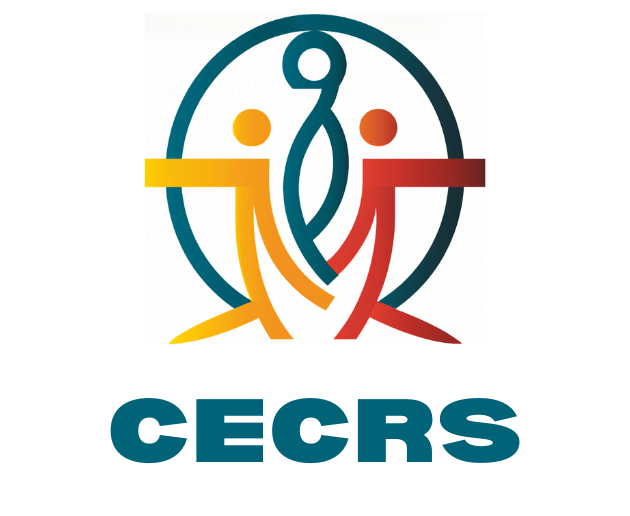
About project
Project title: Community Empowerment: Crisis-Ready Solutions
Funding institution: NATO Emerging Security Challenges Division, SPS Programme, Bd. Leopold III, B-1110 Brussels, Belgium
Project cost: 350 000 Euro
Duration of the project: 3 years
The role of Poznan University of Technology: project leader
Project manager: dr. Oksana Erdeli
Project partner: National Technical University of Ukraine "Igor Sikorsky Kyiv Polytechnic Institute"
KPI manager: prof. Serhii Voitko
Place of project implementation: Institute of Management and Information Systems, WIZ PP and Department of International Economy, Faculty of Management and Marketing, KPI
Project summary:
The project "Community Empowerment: Crisis-Ready Solutions", financed by the SPS NATO program, is an initiative focused on increasing the resilience of local communities in the face of various crises. This project is a response to intensifying global challenges such as climate change, pandemics or armed conflicts. The project aims to build stability and security at the local level by supporting local structures and strengthening the adaptability of communities
Scope of Research and Analysis Activities:
Introduction to the project is a comprehensive analysis of normative documents and the study of standards and practices used in crisis management. It also includes an analysis of the ability of local communities to self-organize and build social resilience as a foundation for the development of new models of crisis management.
Training Development and Implementation:
The project involves the development and implementation of specialized training for representatives of authorities and local communities on the basis of the data obtained. The target group consists of 300 people, including students, officials and residents, which will ensure a variety of perspectives and experiences and enrich the educational process.
Development of the Community Anti-Crisis Capability Model (MACC):
The culminating stage of the project is the creation of the Community Anti-Crisis Capability Model (MACC), a comprehensive tool enabling effective planning and management of emergency response.. MACC is based on an interdisciplinary approach, integrating knowledge from various fields.
Social Impact and Sustainable Development Policy:
The project aims to promote sustainable development, strengthen social ties and build trust between citizens and institutions. It also introduces elements of promoting a healthy lifestyle and ecological awareness.
Conclusions and Recommendations for National and International Policy:
Project outcomes include research reports, strategies developed, scientific publications and training addressed to policymakers at both national and international levels, offering new perspectives on effective crisis management.



